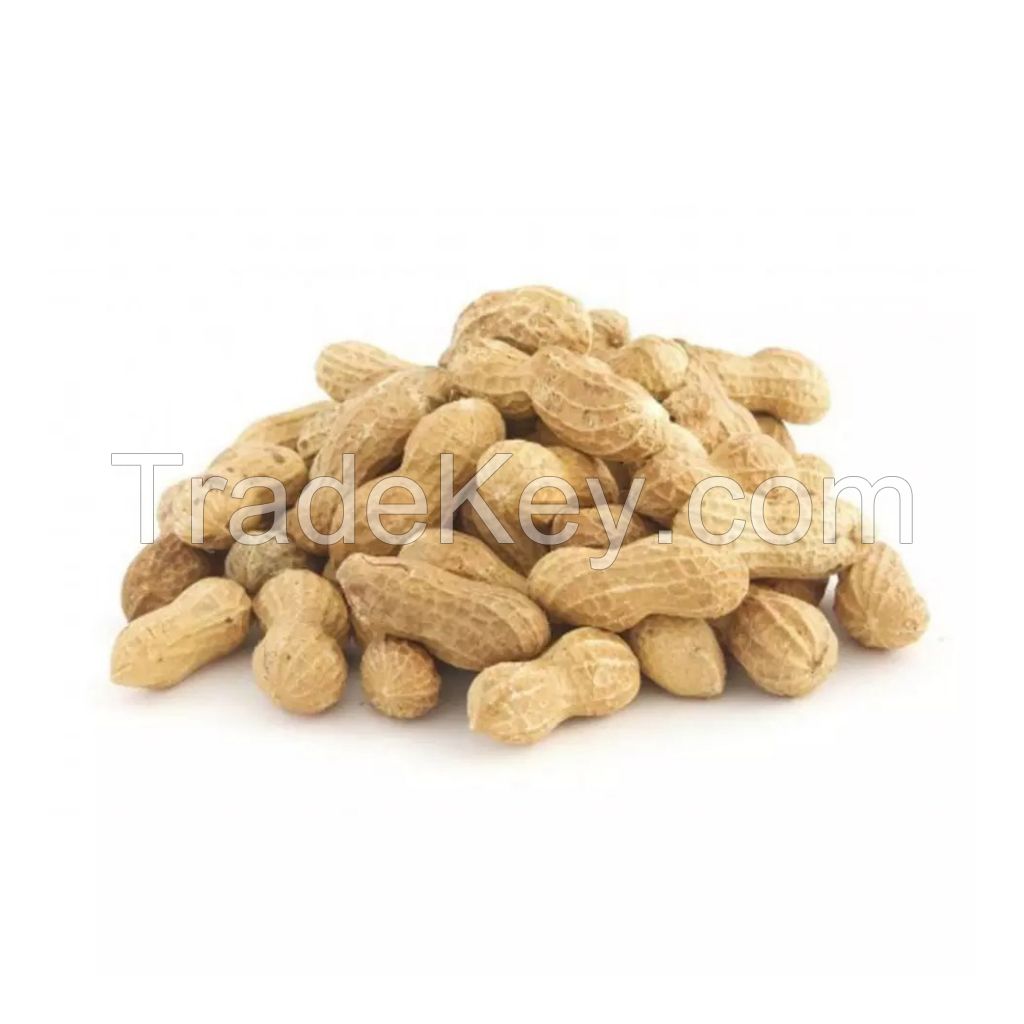
FOB Price
Get Latest Price180 ~ 220 / Ton
|Minimum Order
Place of Origin:
-
Price for Minimum Order:
Minimum Order Quantity:
2 Ton
Packaging Detail:
As a Customers' Requirement
Delivery Time:
10 to 20 days
Supplying Ability:
10000 Ton per Month
Payment Type:
T/T, Western Union, Money Gram, PayPal
Canada
Peanuts, also known as groundnuts or goobers, are a popular legume that is widely consumed around the world. Here are some key points about peanuts:
Botanical Classification: Despite their name, peanuts are not actually nuts; they are legumes belonging to the Fabaceae family, which also includes beans, lentils, and peas. The peanut plant (Arachis hypogaea) is an annual herbaceous plant that grows low to the ground and produces pods containing the edible seeds.
Plant Characteristics: Peanut plants have compound leaves with leaflets arranged in pairs. After pollination, small yellow flowers develop into peanut pods, which grow underground. Each pod typically contains two to four peanut seeds or kernels.
Varieties: There are several varieties of peanuts, with the most common being the Virginia, Spanish, and Valencia varieties. Each variety has unique characteristics, including size, flavor, and shell color.
Nutritional Composition: Peanuts are nutrient-dense and provide a rich source of protein, healthy fats, vitamins, minerals, and dietary fiber. They are particularly high in monounsaturated and polyunsaturated fats, as well as essential nutrients such as vitamin E, niacin, folate, magnesium, and manganese.
Culinary Uses: Peanuts can be enjoyed in a variety of ways, both raw and roasted. They are commonly consumed as a snack food, either salted or unsalted. Peanuts are also used as an ingredient in numerous culinary applications, including peanut butter, confections, baked goods, sauces, soups, and savory dishes such as stir-fries and curries.
Health Benefits: Consuming peanuts as part of a balanced diet may offer several health benefits. The monounsaturated and polyunsaturated fats found in peanuts can help support heart health by lowering LDL (bad) cholesterol levels. Peanuts are also a good source of plant-based protein, making them a satisfying and nutritious snack option.
Allergies: Peanuts are one of the most common food allergens, and peanut allergies can cause severe allergic reactions in some individuals. People with peanut allergies must avoid peanuts and products containing peanuts to prevent adverse reactions.
Production: Peanuts are grown in warm climates around the world, with major producers including China, India, the United States, and Nigeria. Peanuts are typically harvested in the fall when the plants have matured, and the pods are dried and processed for consumption.
